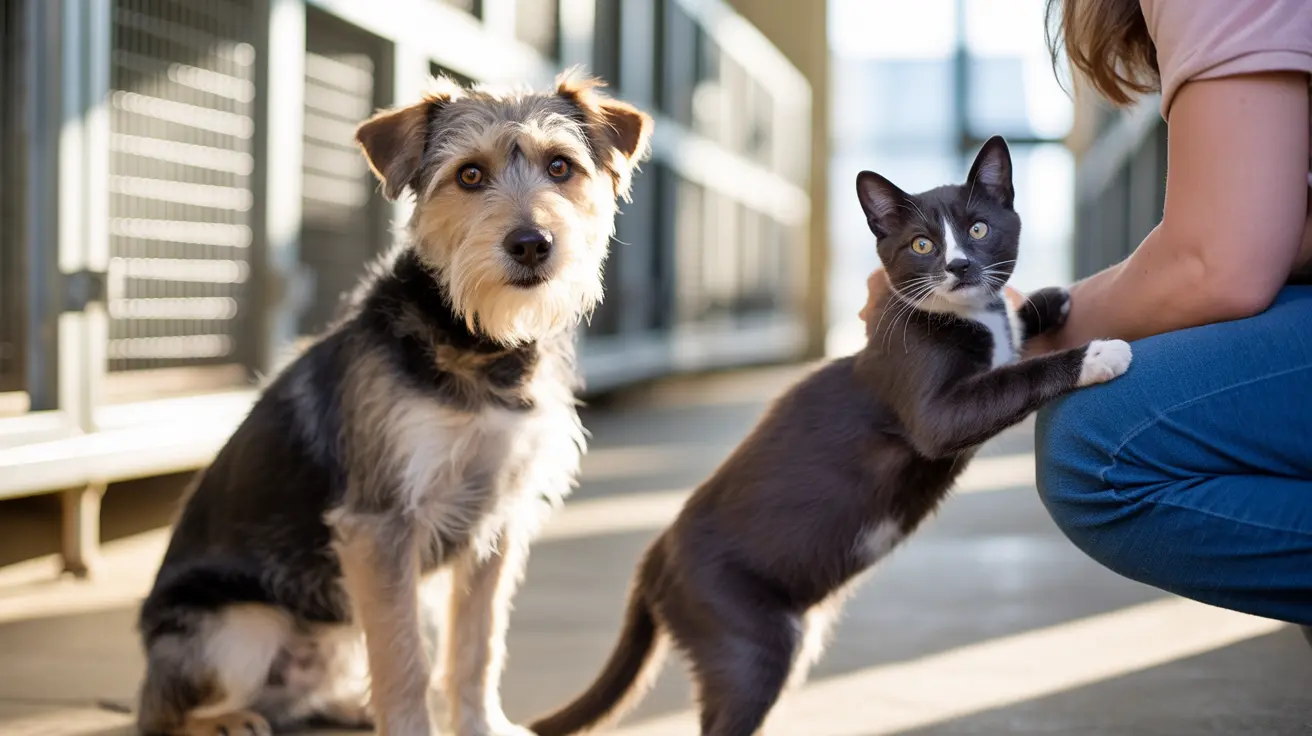The Carolina Dog: An Ancient American Breed
The Carolina Dog stands out as one of the most intriguing dog breeds native to the United States. Sometimes called the "American Dingo" or "Yellow Dog," this breed captures attention with its primitive appearance and unique history. Let's explore what makes the Carolina Dog special, from its physical traits to its temperament and care needs.
Origins and History
The roots of the Carolina Dog trace back thousands of years. Archaeological evidence suggests that dogs resembling today's Carolina Dogs roamed the Southeastern United States long before European settlers arrived. These canines likely accompanied early Native American tribes, surviving in swamps, forests, and rural landscapes without direct human intervention for generations.
This breed's survival skills are legendary. Living semi-wild, they developed traits that helped them thrive in harsh environments—keen senses, resourcefulness, and a strong pack mentality. Their discovery in remote areas of South Carolina and Georgia led researchers to believe they could be descendants of ancient pariah dogs brought over by prehistoric people crossing the Bering land bridge.
Physical Characteristics
- Size: Medium-sized; typically 30-55 pounds and 17-24 inches tall at the shoulder.
- Coat: Short, dense fur that sheds moderately; common colors include yellow, ginger, red, or cream.
- Ears: Upright and pointed, giving an alert expression.
- Tail: Characteristically fishhook-shaped when relaxed.
Their overall appearance is reminiscent of wild dogs found in other parts of the world—lean bodies built for endurance rather than bulk or showy features. Their almond-shaped eyes add to their intelligent look.
Temperament and Behavior
The Carolina Dog's temperament reflects its wild ancestry. They're highly intelligent, independent thinkers who form strong bonds with their families but may be reserved around strangers. Early socialization helps them adapt well to home life.
- Loyalty: Deeply devoted to their owners; protective without being aggressive.
- Energy: Active dogs that enjoy running, exploring, and problem-solving games.
- Sociability: Often cautious with new people but friendly once trust is established; good with children when raised together.
Barking isn't excessive but they'll alert you if something unusual happens nearby. Their independence means they're not always eager to please like some other breeds—they respond best to gentle guidance rather than harsh discipline.
Caring for a Carolina Dog
- Exercise Needs: Daily walks or runs are essential; they thrive with space to roam (a fenced yard is ideal).
- Mental Stimulation: Puzzle toys and training sessions keep their minds sharp.
- Diet: A balanced diet suited for active medium-sized breeds supports their health; consult your vet for specifics.
Their short coat requires minimal grooming—brushing once a week usually suffices. They're generally healthy but regular checkups help catch any potential issues early on.
Lifestyle Suitability
If you're considering adding a Carolina Dog to your family, think about your living situation. They do best with active individuals or families who appreciate time outdoors. Apartment living can work if you commit to meeting their exercise needs every day. Because of their independent streak, they're not ideal for first-time dog owners unless you're ready for patient training and ongoing socialization efforts.
Unique Traits
- A natural instinct for digging dens—sometimes you'll find them creating small holes in your yard!
- A tendency toward cleanliness; many owners note they groom themselves like cats do.
Their adaptability shines whether they're hiking through forests or curled up at your feet after a long day. With patience and understanding, these remarkable dogs become loyal companions who offer a glimpse into America's canine past.





